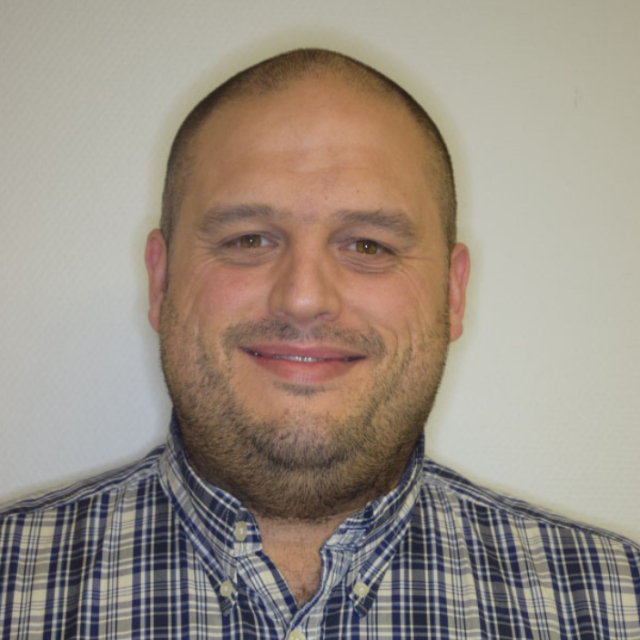Leden in de kijker
Axel Legay
Université catholique de Louvain (UCLouvain)

Axel Legay is a professor and researcher in cyber security and software engineering at UCLouvain, Belgium’s leading French-speaking university. He is also the coordinator of CyberWal, an initiative that brings together Walloon researchers and economic players in the cyber security domain, as well as one of the initiators and designers of the CoronAlert application. In […]
Axel Legay is a professor and researcher in cyber security and software engineering at UCLouvain, Belgium’s leading French-speaking university. He is also the coordinator of CyberWal, an initiative that brings together Walloon researchers and economic players in the cyber security domain, as well as one of the initiators and designers of the CoronAlert application. In this article, we explore the close links between Belgium’s Cyber Security Coalition (CSC) and Axel Legay’s far-reaching work.
CyberWal is one of your most recent projects. How does this initiative contribute to cyber security in Belgium?
Axel Legay: A few years ago, the Flemish region decided to take a structural, centralized approach to distributing investment funds for cyber security initiatives. In Wallonia, on the other hand, the same total amount of investment money was awarded, but spread across many more stakeholders. The difficulty is that with 2,000 different stakeholders in one small region, it is hard for each voice to be heard when you need to negotiate at European level.
We created the Walloon CyberWal initiative for cyber security to address this challenge. It is a network, inaugurated in May 2022, that brings together all the stakeholders from cyber security research, innovation, training and awareness in Wallonia into a single arena, and coordinates the communication between them. The Cyber Security Coalition (CSC) is one of our main partners in this initiative.
How does the Cyber Security Coalition (CSC) contribute to your cyber security development activities at UCLouvain? And how does the CSC support CyberWal as a partner?
Axel Legay: First of all, the Cyber Security Coalition succeeded in bringing together the academic and industry sides of the cyber security domain. This was very important to us as researchers and professors, doing most of our work in our offices, without direct contact with companies or organizations. In effect, we were at times studying, researching and solving problems that don’t (or rarely) occur in real life. We didn’t always have a clear grasp of actual challenges and situations. Because the CSC put our academic world in direct contact with the industry players, we can be confident now that our research and the solutions we develop will be impactful.
The second achievement of the CSC has been to bring together the players from the Brussels, Flemish and Walloon regions. Splitting research on the same topic amongst the different regions is counter-productive for the research field as a whole. That’s why I sought federal-level partners, such as the CSC, to unite the three regions. It is a win-win-situation for all parties.
How do your initiatives support the CSC’s goals?
Axel Legay: CyberWal raises awareness about the CSC amongst certain key profiles in Wallonia who might be unaware of the benefits of membership. And it strengthens the CSC’s partnerships with academia.
UCLouvain, CyberWal and the CSC are working towards a common goal: to create interesting projects that enable our talented researchers to remain in Belgium, so they no longer need to go abroad to do important and impactful work. But communication is key to attracting their attention. We have a closer connection with these researchers, so we can reach out to them directly, to help get the CSC’s messages across.
In conclusion, the Cyber Security Coalition has been, and continues to be, an essential partner for me as a professor and researcher, both in my work for UCLouvain and CyberWal. It represents and unifies cyber security at the federal level, bringing people together from across the entire country. We are proud of what we have already accomplished, and look forward to continuing to surpass our achievements together.








